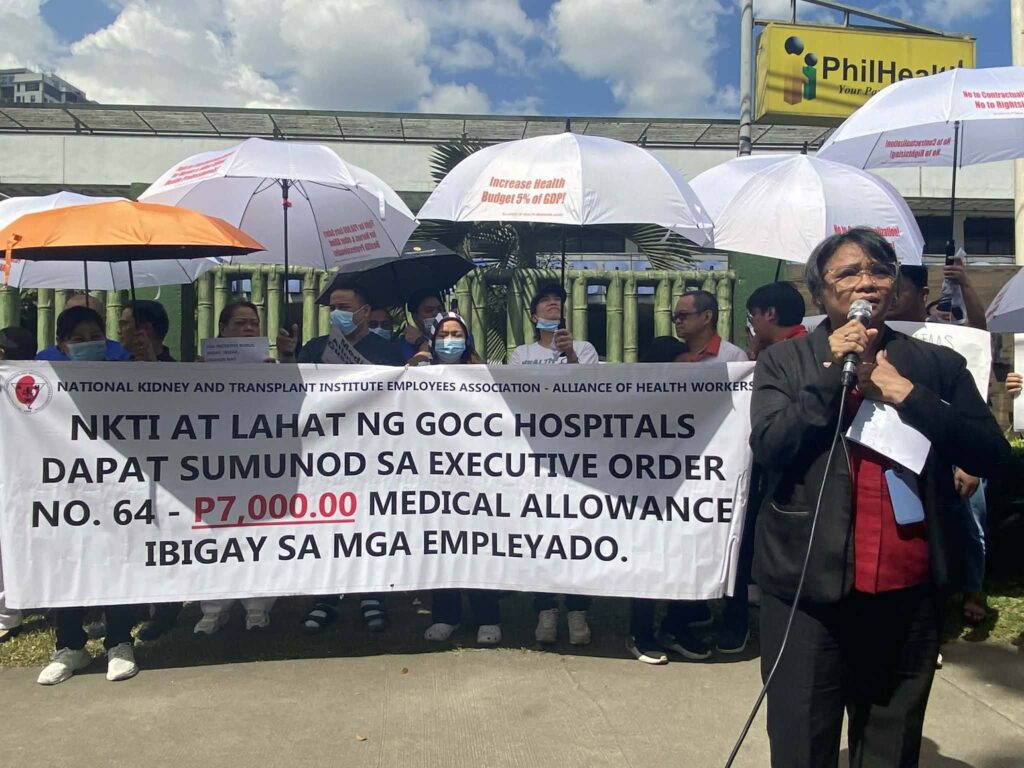Former Bayan Muna Congressman Carlos Isagani Zarate today called on local government units to stop requiring food delivery riders to secure business permits, stating that this practice adds an unnecessary financial burden to already struggling workers in the platform economy.
“It is completely unjust to require food delivery riders to secure business permits when they are workers, not business owners. These riders already bear the brunt of reduced earnings, lack of social protection, and various occupational hazards. Adding the cost of business permits only worsens their situation,” said Zarate, a public transport reform advocate and former Deputy Minority Leader in the 18th Congress.
The progressive solon cited the 2022 National Labor Relation Commission (NLRC) ruling which said that delivery riders are workers, not independent contractors or business owners.
In the said case, the Labor Court held that there was an employer-employee relationship between FoodPanda Philippines and the delivery riders because “the power of control was clearly wielded by [Food Panda] through extensive supervision from start of their assigned duty until it ends, the company’s actual prohibition of alternative employment and its algorithmic disciplinary measures indicate strict supervision and control over its delivery riders.”
Zarate emphasized that delivery platforms like FoodPanda, Grab, Angkas, Maxim, and others should be responsible for securing business permits, not individual riders.
“The digitalization of work should not be used as an excuse to casualize labor and strip workers of their rights. We are seeing a dangerous trend where big tech companies are maximizing profits while downloading costs and risks to their workers,” Zarate explained.
The former lawmaker called for urgent legislative action to address the growing challenges faced by platform workers. “Congress must fast-track the passage of comprehensive legislation protecting the rights of platform workers. This should include provisions on fair compensation, social protection, safety standards, and clear employer-employee relationships.”
“Local governments must also review and repeal these ordinances that unfairly burden delivery riders. The solution is not to extract more fees from struggling workers, but to properly regulate these digital platforms and ensure they fulfill their obligations as employers,” Zarate concluded.#




